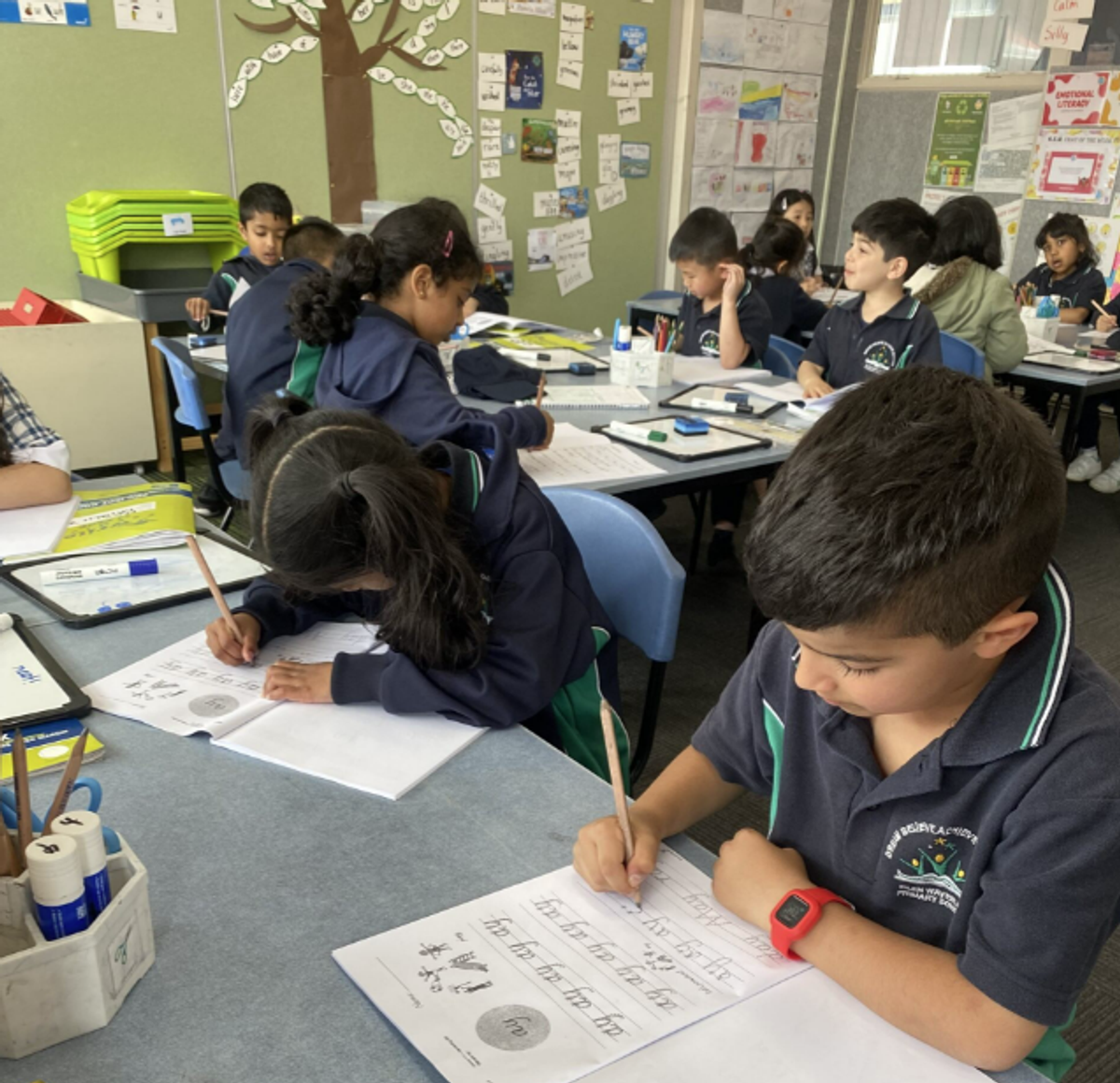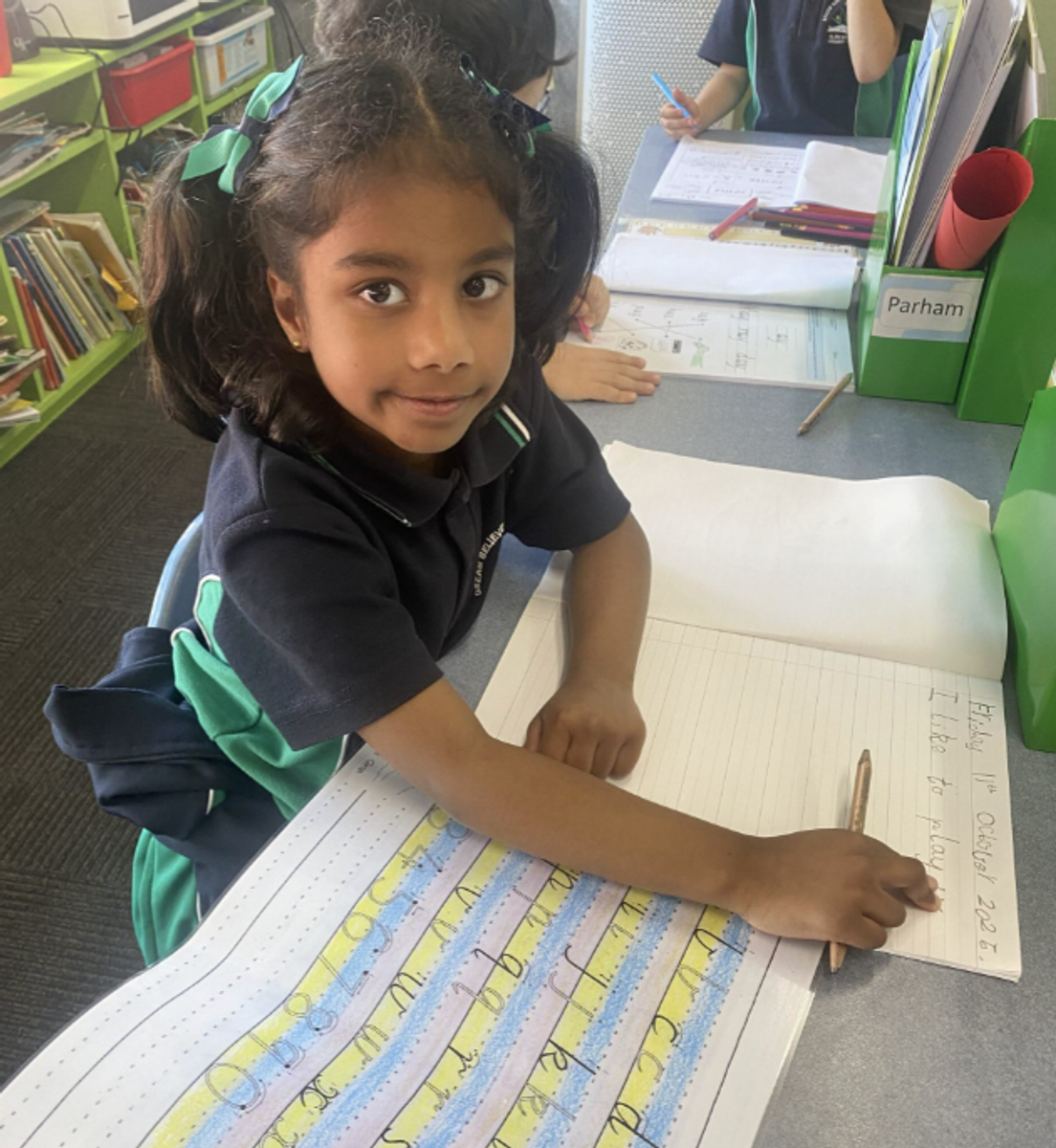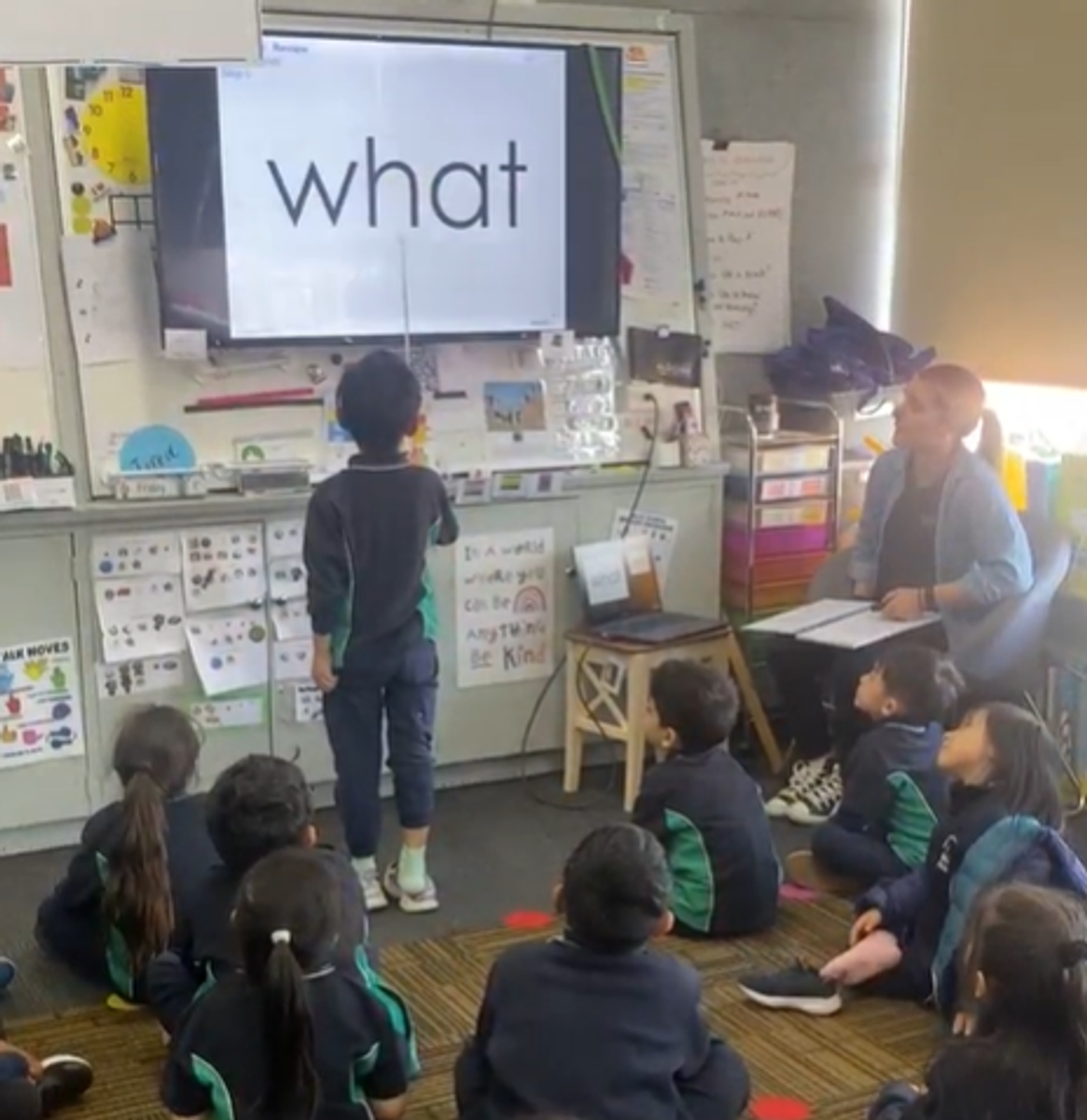Assistant Principal's Report
By Amanda Seach

Assistant Principal's Report
By Amanda Seach
Our educational philosophy centres around three key principles:
In this article, we will focus on our commitment to evidence-based teaching, specifically highlighting the Victorian Teaching and Learning Model 2.0 (VTLM 2.0). Released by the Department of Education in June this year for implementation over the next few years, this model emphasizes the importance of understanding how students learn to inform effective teaching practices.
This year, we have implemented the Initialit Program for English in our Prep, Year 1, and Year 2 classrooms, a program grounded in the principles of VTLM 2.0. Our approach has significantly enhanced our focus on the four essential elements of learning outlined in the model:
Positive Outcomes
Our junior learners are thriving with this research-based teaching methodology. The teaching team is excited about the progress made thus far and is currently exploring how to extend these principles into our Mathematics curriculum across the whole school.
As we continue to refine our teaching practices, we remain dedicated to fostering an environment that prioritizes student learning through evidence-based strategies. We believe that by focusing on evidence-based strategies, we are not only enhancing student engagement and learning but also equipping our teachers with the tools they need to support every child's success.
Thank you for your ongoing support as we work together to provide the best educational experience for our learners.





